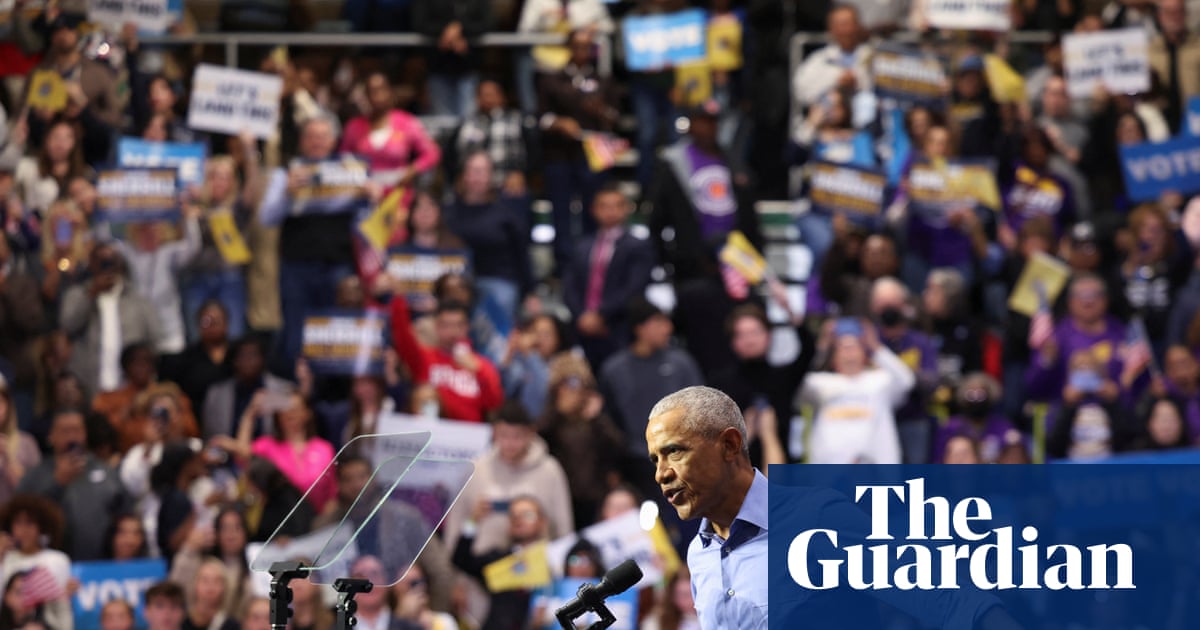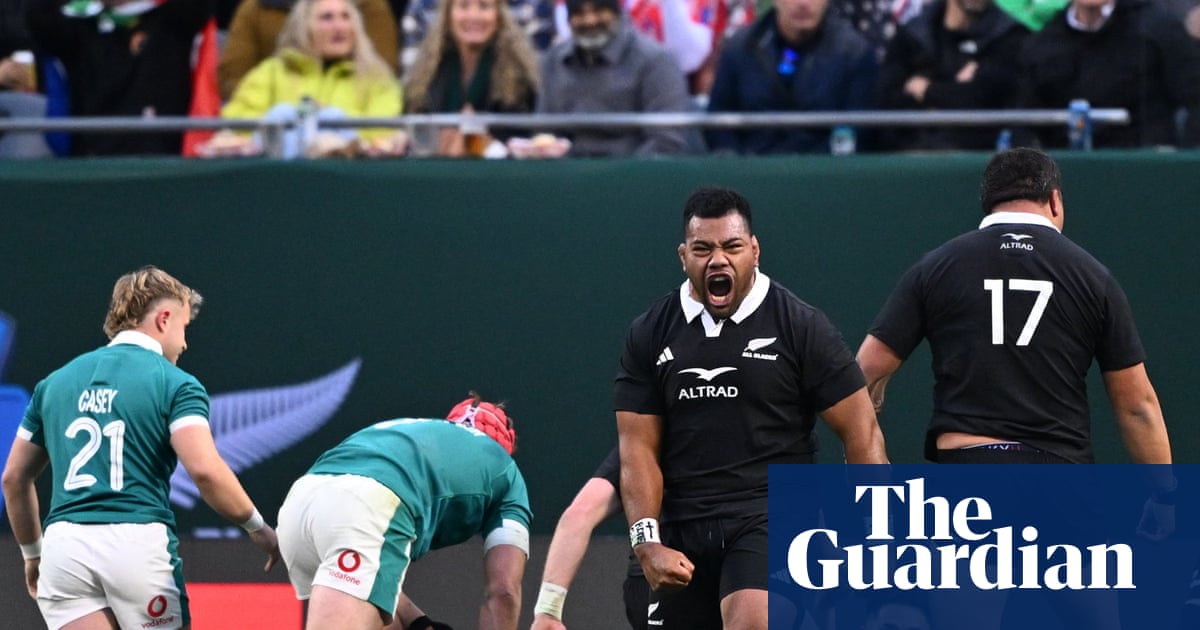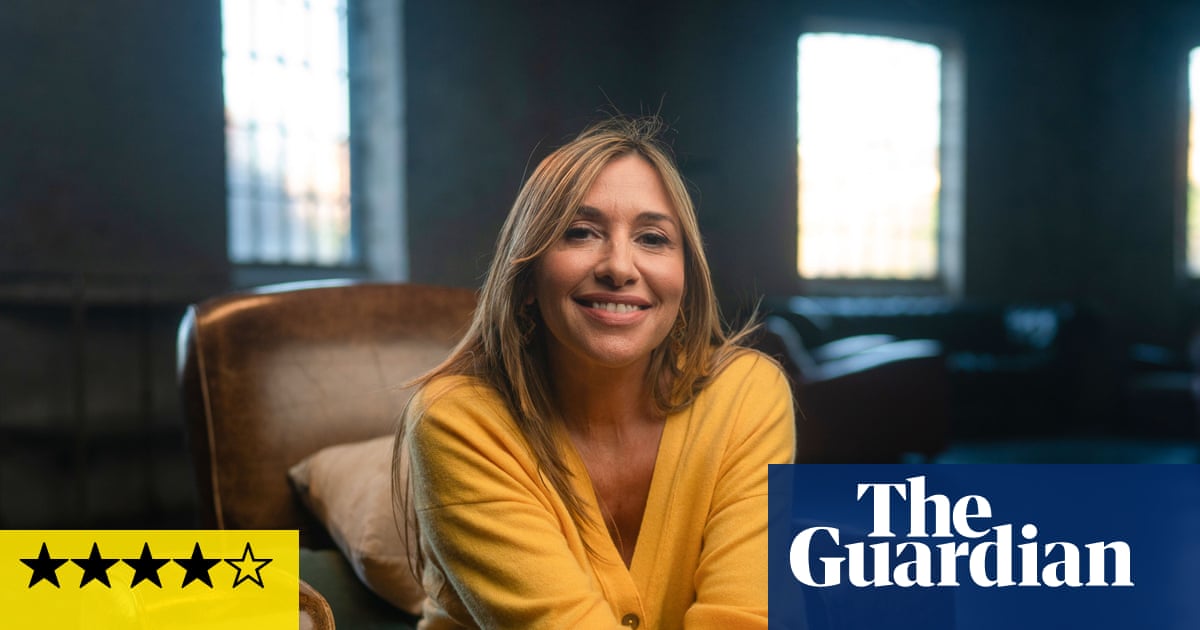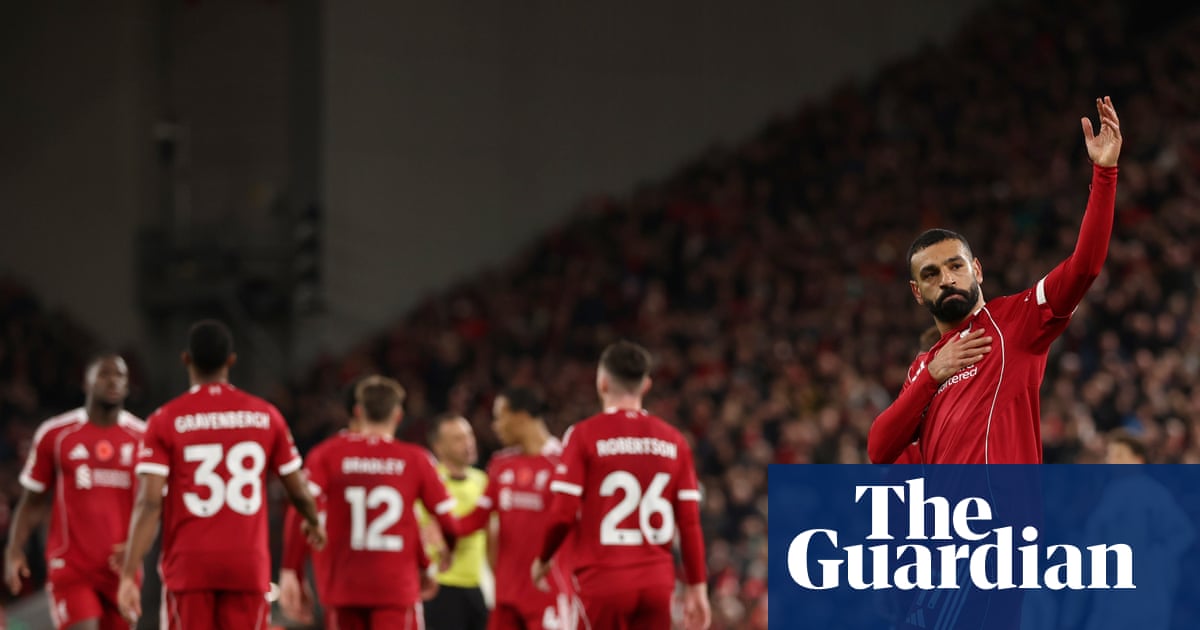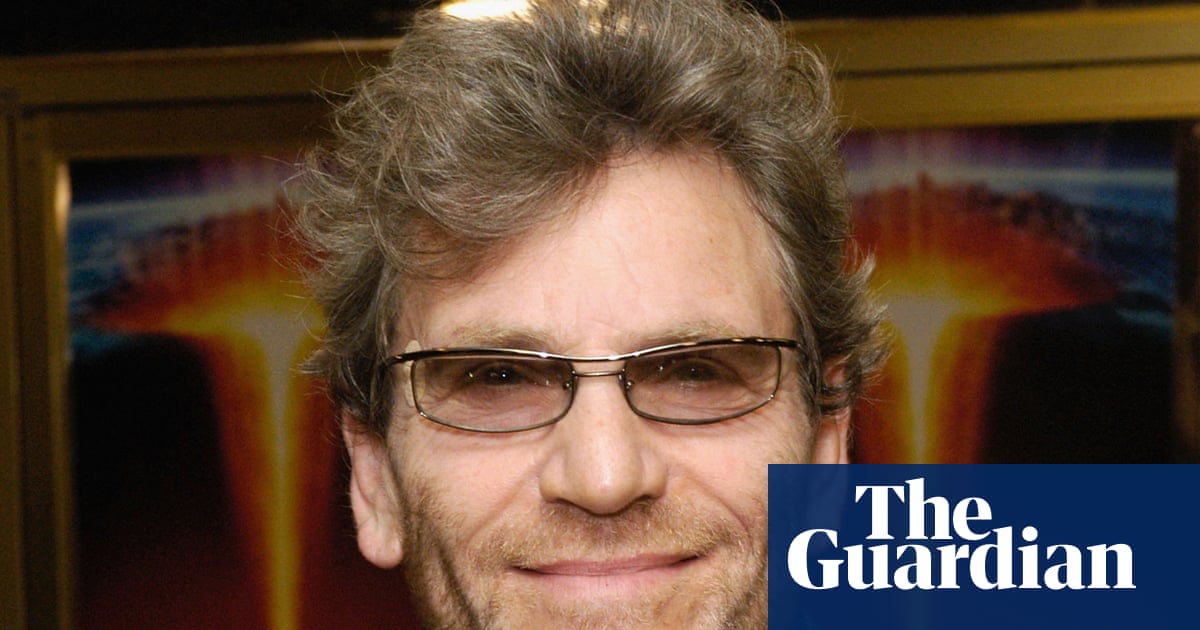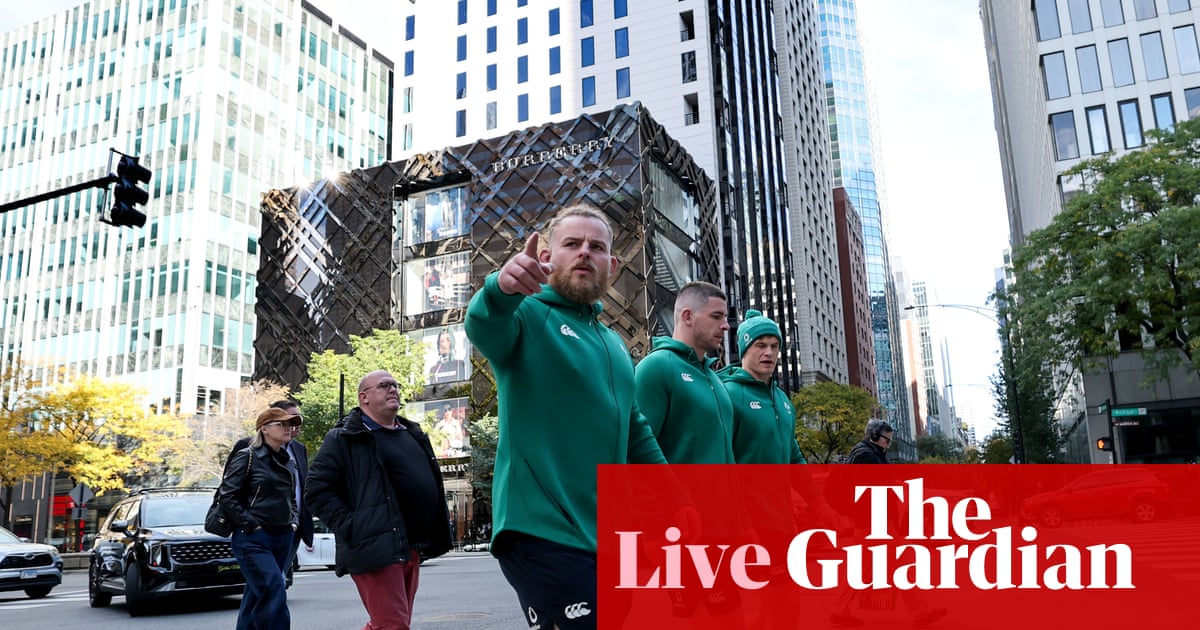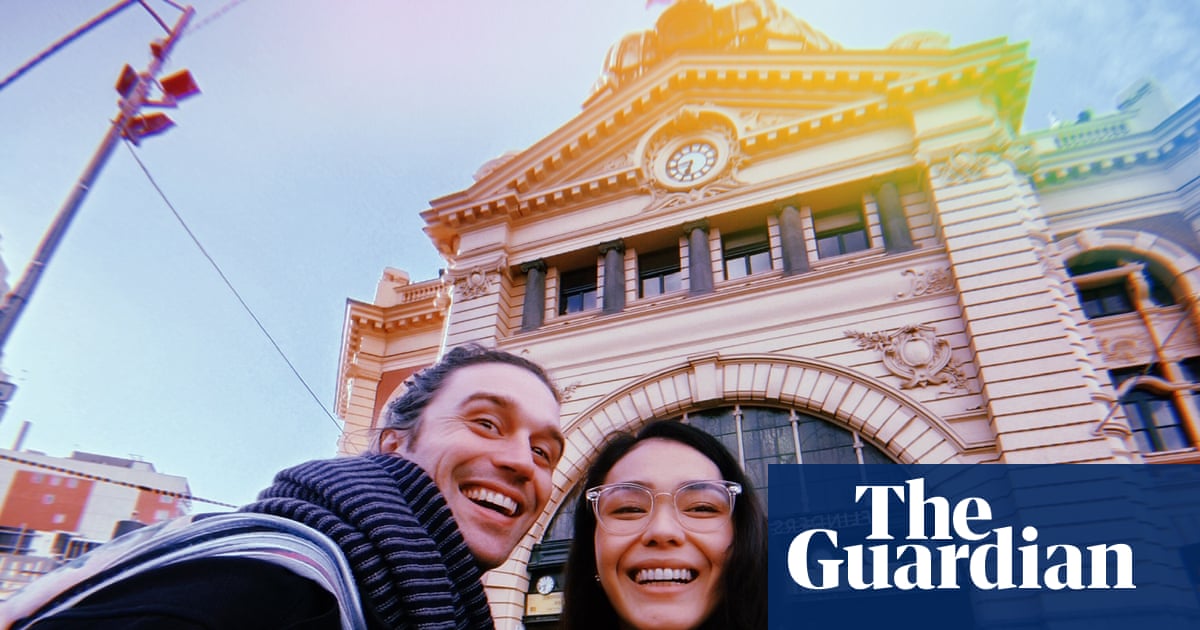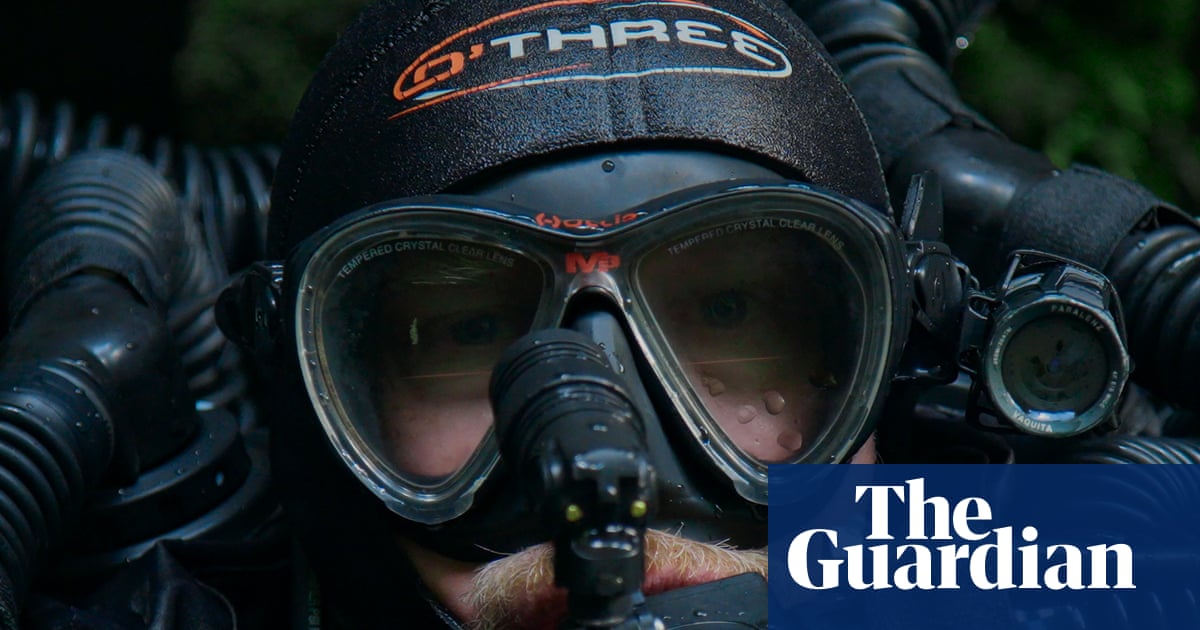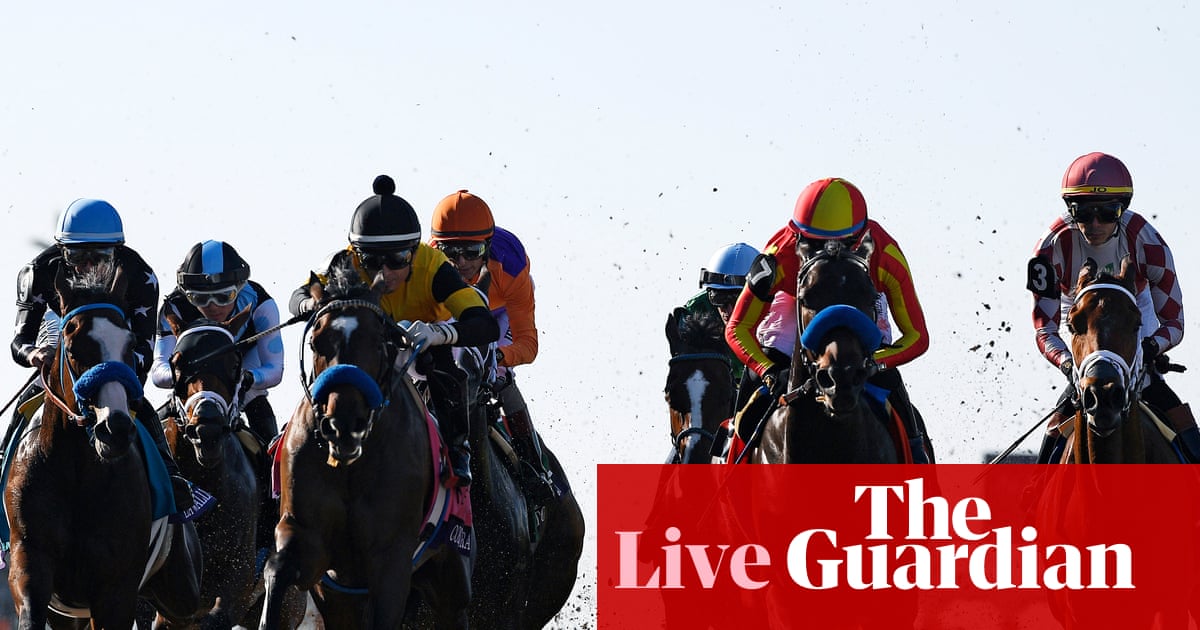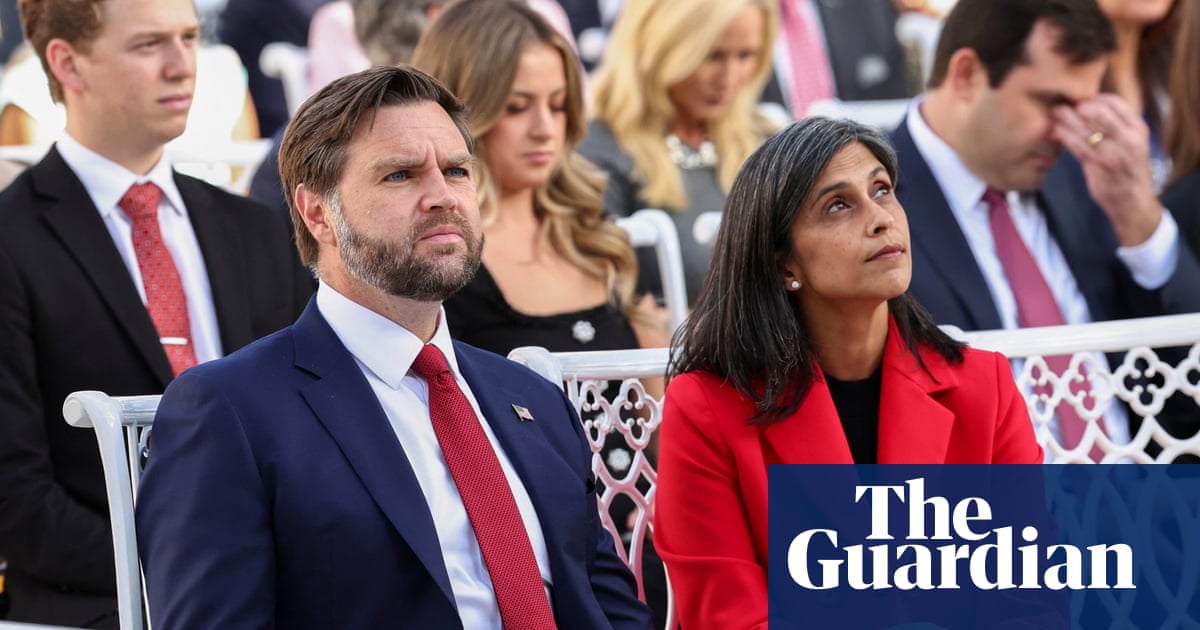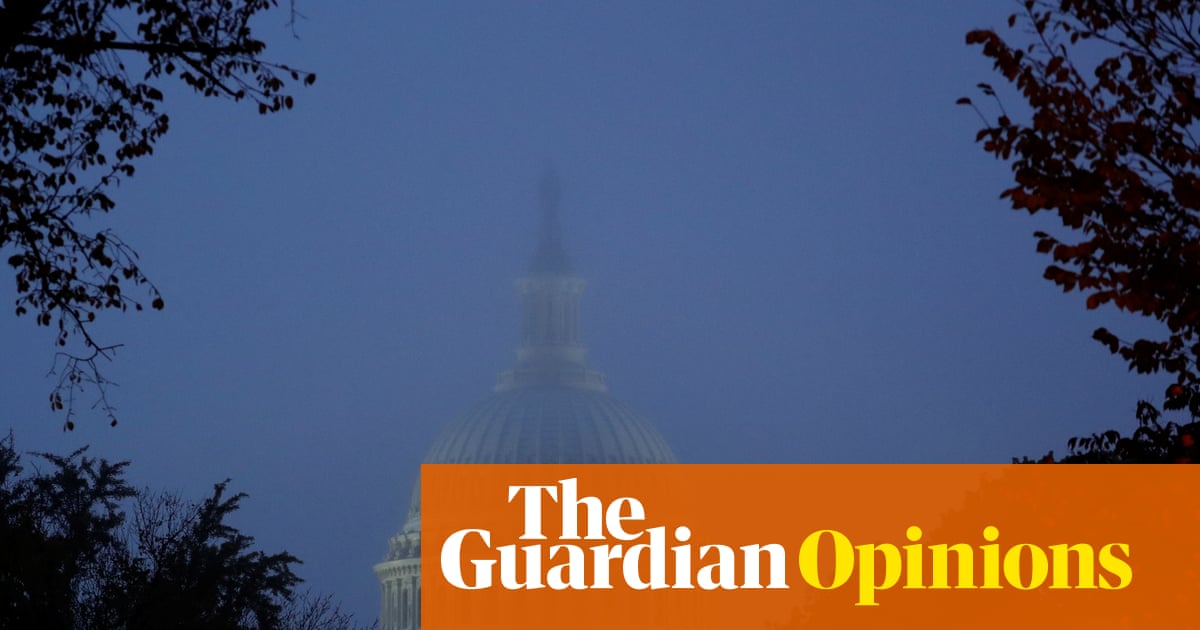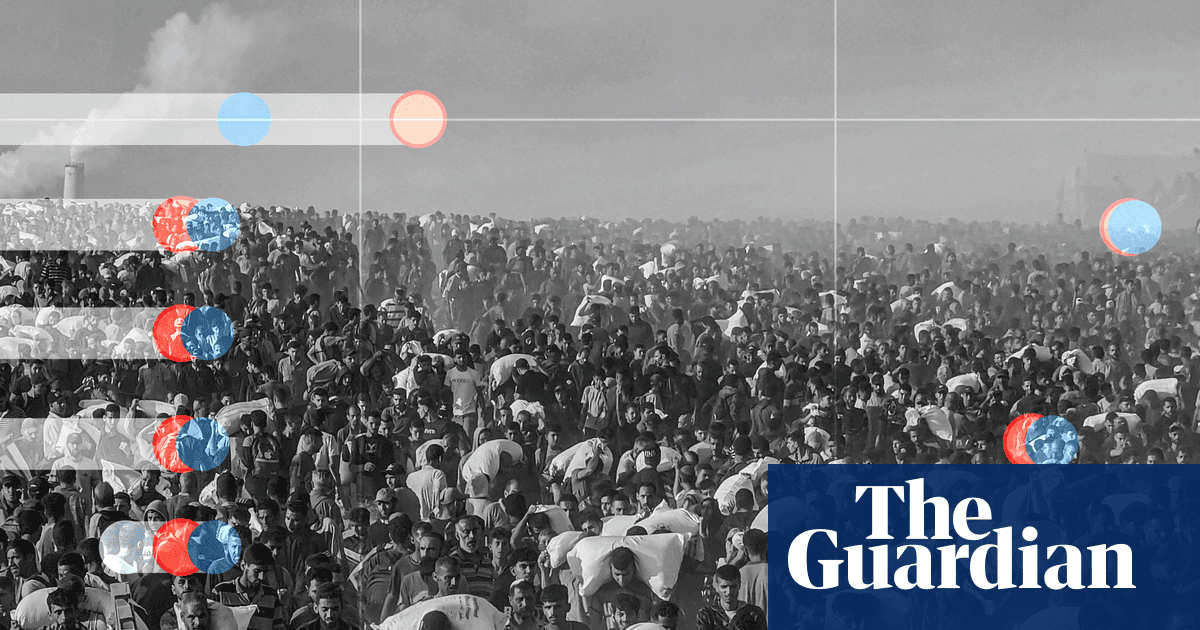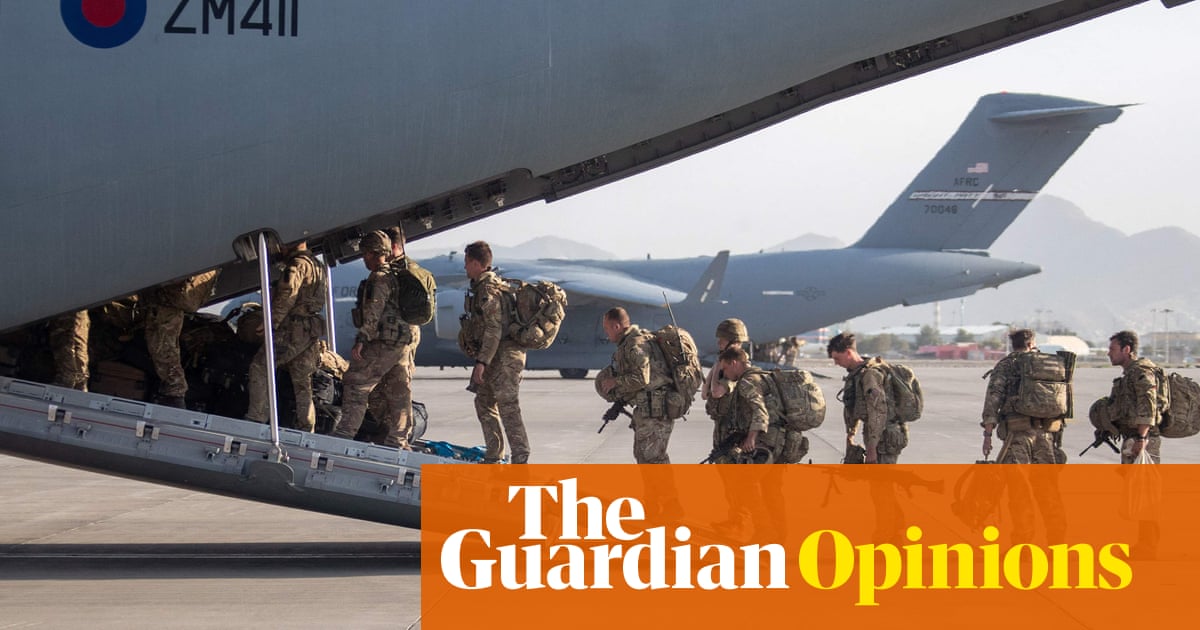Medicine is a humanistic profession, grounded in ethical values of justice, beneficence and the commitment to do no harm. It is a vocation of healing, of saving lives and of easing physical and emotional suffering. Being a doctor requires inner strength – the ability to see another’s pain, to feel it and to respond with empathy and compassion, alongside the knowledge and professionalism the role demands. I believe a physician also bears a critical responsibility in advocating for their patients’ right to health and in upholding the principle of justice. In that sense, every doctor is, to me, a leader.
I explored these ideas in a new Guardian documentary, The Oath. I tell my story as a Palestinian doctor living in Israel and working within its healthcare system. Made over the past year, the film portrays the struggles and challenges I have faced in that time. However, since I was first filmed in March 2024, the situation in Gaza, and the position we are in as doctors, has only worsened – day by day, hour by hour.
As a Palestinian doctor living and working in Israel, in the midst of a longstanding conflict, I learned during my studies and work that injustice has been done to many populations living here. The occupation and coercion that Israel exercises over the Palestinian population in the occupied territories and the policy of discrimination against the Palestinian minority living within Israel cause serious harm to the right to health of these populations. Control over territories, expulsion, dispossession, violence, restriction of movement, establishment of settlements and apartheid cause great suffering to the population, prevent access to medical care and directly affect their health. Already as a medical student, I decided that I could not sit on the sidelines in the face of all that. I joined Physicians for Human Rights – Israel in order to fight for the health of the populations under Israeli control, together with many partners.
When we began filming the documentary, five months had already passed since Israel’s assault on Gaza began. At that point, thousands had been killed and widespread destruction had taken place. Still, I could not have dreamed that for the next year and a half we would continue to witness daily bombings, mass death – including thousands of children – millions displaced, starvation and the unprecedented decimation of Gaza’s health system. Hospitals, schools, mosques, churches, universities and entire neighbourhoods have been wiped off the map. The scale of devastation is unlike anything I have seen elsewhere. This is not merely a humanitarian crisis, it is what many international legal scholars and human rights organisations have begun to describe as a genocide in progress.
My personal story is inseparable from this struggle. Marwan, the brother of my sister-in-law, a paramedic, was killed in the line of duty on 7 October 2023. These past two weeks were even more tragic for his family: their tents in a camp in Gaza were bombed, killing 10 relatives, among them Abdullah, an eight-year-old boy full of life and dreams of becoming a doctor, murdered in his sleep. Little Marwan, seven years old, lay unconscious in a hospital for a week due to a severe head injury, but was denied proper treatment due to the severe shortage of medical staff and resources.
Since that tragic day, more than 1,500 Palestinian medical personnel have been killed. Many have been detained, subjected to ongoing persecution and humiliation. Some have died by torture and neglect in Israeli detention facilities. All this takes place under deafening silence from the Israeli healthcare establishment and many of my fellow physicians, who too often choose silence over basic ethics and morality. Only very few voices were heard among some in the Israeli healthcare system against targeting their colleagues in Gazan hospitals.
Amid all this, I try to speak with restraint, to choose my words carefully, out of fear and understanding that my voice might be seen as dangerous. Since 7 October, Palestinian staff in the Israeli healthcare system have faced persecution, slander and paralysis. Anti-Palestinian sentiment is surging, even among patients and colleagues. Slogans such as “there are no innocents in Gaza” or “burn Gaza to the ground” are neither rejected nor punished by the system. Any expression of sympathy for victims – women, children, innocent civilians – is seen as support for terror, and puts the speaker at risk of dismissal or disciplinary action.
A fellow physician, a partner in our struggle, was recently fired for delivering a brief speech in which he criticised the crimes committed in Gaza. The silencing and persecution are only intensifying.
Medicine, once assumed to be a neutral profession, has become politically and morally fraught. To treat an injured child in Gaza is no longer merely a medical duty – it is a profound moral declaration. The oath to provide equal care to all shatters against the brutal reality in which doctors and children are killed, patients are arrested, voices are suppressed and dreams – like Abdullah’s – collapse.
And still, I continue to fight. Because as long as we remain silent, our oath is hollowed out, and the right to health becomes a fantasy too far to reach. Yet, as long as I have a voice, I will use it: for my patients, for justice, for the oath we all swore.
-
Lina Qasem Hassan is a Palestinian doctor working in the Israeli healthcare system and is chairwoman of Physicians for Human Rights - Israel. Photograph of Lina Qasem Hassan by Fadi Amun

 3 months ago
57
3 months ago
57

